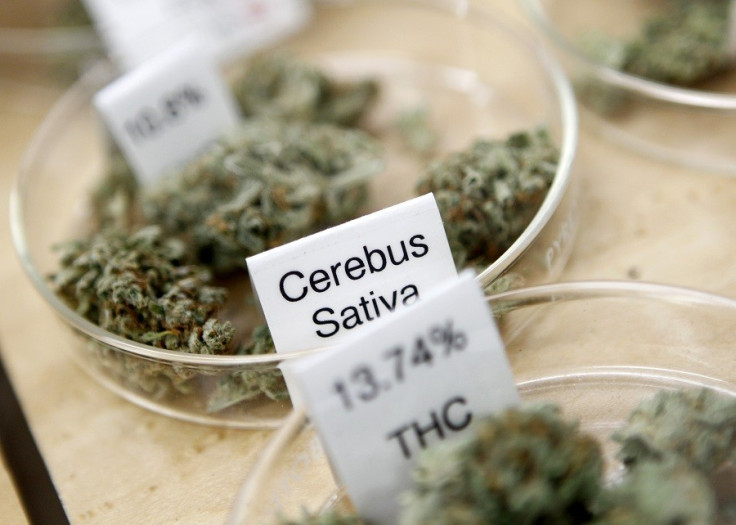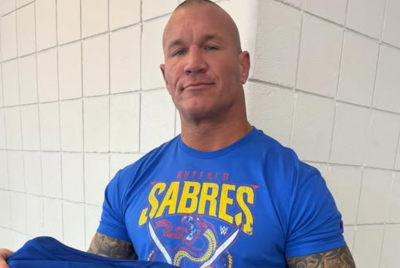NBA: Miami Heat player Dion Waiters suffers medical emergency after ingesting THC
The player is believed to have consumed THC, a substance seen in marijuana.
Miami heat player Dion Waiters suffered an adverse reaction after consuming THC-infused edibles during a team flight on Thursday night after a game against the Phoenix Suns.
THC or Tetrahydrocannabinol is a psychoactive ingredient in marijuana plants. It is the compound that gives users of the drug a "high" sensation. THC is included in the NBA's list of banned substances.
Waiters suffered seizures and lost consciousness as a result of ingesting THC-laced gummies. Full spectrum CBD with THC in gummies is one of the common methods to intake Cannabidiol (CBD), a medicinal compound found in hemp and marijuana presently under approval by the FDA. Waiters missed the game against the Suns due to a stomachache, one of the ailments that CBD advocates claim to cure.
Ira Winderman of Sun Sentinel speculates that the player acquired the gummies in Denver, Colorado, where it is legal and highly accessible. The Heat players began their road trip playing against the Denver Nuggets on the 6th of November.
Waiters didn't play against the Lakers on Friday night and at the moment, he is still not cleared to play.
The Heat Guard is having a rough season. He missed the preseason games for personal reasons and got suspended in the season opener for "unprofessional conduct on the bench" during their game against the Houston Rockets.
Waiters averaged 13.2 points for the Heat this season, one point above his 12 point average from last year while playing for only 28 minutes. It's not a significant loss for the Heat, especially since both rookies Tyler Herro and Kendrick Nunn are averaging a bit more.
That aside, a player's health is more important. Former NBA commissioner David Stern talked about removing CBD from the list of banned substances in the NBA. He advocated the medical use of THC and CBD to treat a variety of ailments. He claims that there's a long list of players taking prescription medicine for pain relief. If CBD-based compounds can help, then the NBA should reconsider.

© Copyright IBTimes 2025. All rights reserved.






















